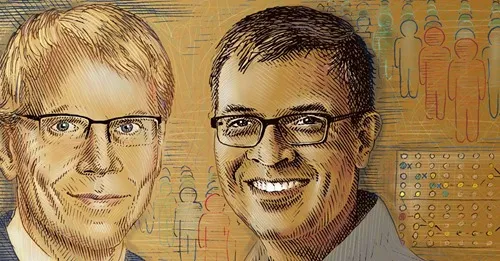
This article is an interesting criticism of binary thinking - covid, no covid - as opposed to holistic thinking - an awareness of the multiple tradeoffs involved in adopting top down lockdowns. What they do not consider is the fundamental question - who should the decision-makers be when it comes to what to do about covid? They seem to adopt a top down decision making framework in which the "experts" will calculate the risks, costs, and benefits of various policies and choose the best, instead of a bottom up approach in which individuals and local communities grope their way to preferred patterns of behavior based on their experience. In the latter case, the knowledge that is necessary to make informed decisions emerges with experience, it is not available ex-cathedra to be sifted and weighed by the experts.
"This policy [lockdown] “violates every single value I hold dear,” Dr. Bhattacharya says. “Every single one.” Elaborating, he says he accords paramount importance—“derived, in my case, from Rawlsian and Christian commitments”—to the protection of the vulnerable and the poor world-wide from “avoidable death and suffering.” The lockdowns have “manifestly failed to do this by inducing economic collapse that has placed the lives of 130 million poor people world-wide at risk of starvation.”
Mr. Kulldorff describes lockdowns as “the worst assault on the working class in half a century—the worst assault since segregation and the Vietnam War.” Present policies are protecting “very low-risk college students and very low-risk professionals—attorneys, bankers, journalists like you, scientists like me—because basically we can work from home.” (Working at home hasn’t been a hardship for either man, though Dr. Bhattacharya’s life became much easier after he persuaded a neighbor that it was safe for his young son to play outdoors with the Bhattacharya children. Mr. Kulldorff’s biggest worry isn’t Covid; it’s his 18-year-old son driving the family car.)"